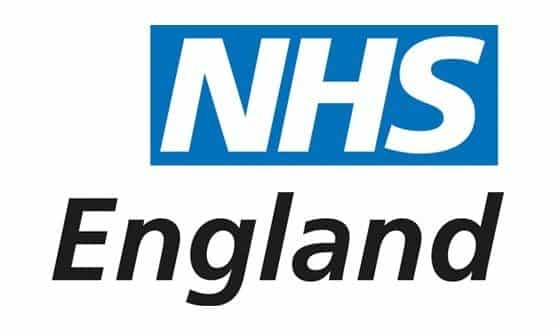Patient platform to save £1 billion
- 5 August 2013

The integrated customer service platform being developed by NHS England is expected to save the NHS more than £1 billion by encouraging patients to get involved in online self-care.
A report presented to the Informatics Services Commissioning Group’s July board meeting says that the platform will contribute £1 billion towards the £2.9 billion that NHS England estimates it can save through promoting ‘digital first’ in healthcare.
“The programme will deliver the most cost-effective health and care service (£0.11 per interaction) by catalysing digital first (reducing face-to-face and paper-based interactions), stimulating the health technology market, and increasing the percentage of the population who are informed, involved and engaged with their health,” says the paper.
“If online self-care advice could be used for 10% of GP appointments for minor ailments, savings of £830m would be realised.”
The platform aims to “harness the power of technology to create the ‘front door’ to transform the way the public engage with health, public health and social care services in England.”
It will provide access to the health service via phone, texts, and online content, becoming a one-stop-shop for anything healthcare related both for patients and staff, says the report.
The platform will largely sit on top of the already existing NHS Choices, which the ICSP Programme Board is considering outsourcing from next April.
A ‘beta launch’ in November will include; a symptom checker; GP appointment booking; a health apps library; web chat; tools to find the nearest urgent care provider and GP; ratings of services; and online ordering of repeat prescriptions.
In the future, it will also include results from the Friends and Family Test, speciality consultant data and information from NHS England’s new patient feedback service Care Connect.
“ICSP is not separate to NHS Choices but will instead be built on the success of NHS Choices and other health, public health and social care online assets to deliver a coherent experience for patient and service users,” says the paper.
In the future it will also include several apps, such as a real-time A&E waiting time app, personal health records, a safety thermometer, test results, a shared-decision making app and integrated emergency response, among other things.
“The core of the ICSP will be its API, the ‘black box’ of quality and open data that websites, apps and other services can use to create interactive and useful content,” says the paper, but exactly what the platform will look like, is not yet clear.
“As the ICSP will be developed in an agile way, it is hard to predict what it will look like in practice,” says the paper.
“The key overarching principle for the ICSP is that it will be developed according to users’ needs. This means that the objectives and functionality of the ICSP will evolve over time and iterate according to what the user demand is.”




